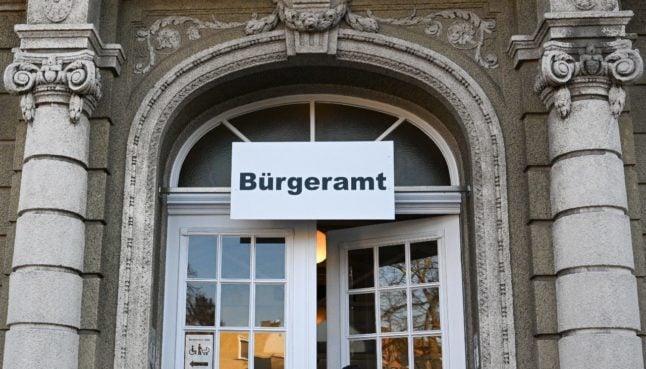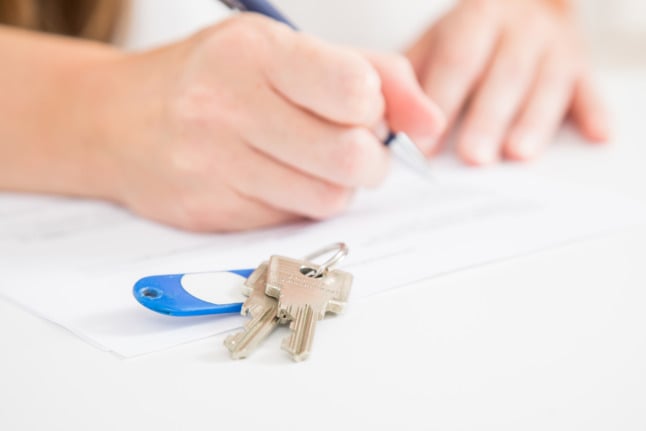As the government battles to keep rents affordable in Germany’s ongoing housing crisis, a scheme to boost social housing is set to be reintroduced.
Echoing a previous initiative that was scrapped in the early 1990s, the non-profit housing law aims to subsidise companies that provide affordable living space on a long-term basis.
“The non-profit housing scheme is back!,” Housing Minister Klara Geywitz (SPD) told the Stuttgarter Zeitung on Wednesday.
“I am delighted that this important project from the coalition agreement has been successfully implemented.”
According to the regional newspaper, the new instrument is part of the annual tax bill that is set to be voted on in cabinet in Wednesday.
READ ALSO: Can converting offices create housing in Germany?
If the law passes unamended, social enterprises, associations and charitable foundations would be able to provide subsidised housing and benefit from extensive tax breaks.
To qualify for financial support, landlords must offer their properties permanently below the market rent and make these affordable properties available for people on lower incomes.
The income limits have been set so that around 60 percent of households in Germany will be able to benefit from the new non-profit housing scheme, said Geywitz. The government expects at least 100 companies to take advantage of the subsidies and provide affordable living space for 105,000 tenants.
“In addition to social housing construction, we are creating another strong pillar for more affordable housing in our country with the public housing benefit,” Geywitz. “This is a good day for all tenants.”
Housing shortages
Tackling Germany’s housing crisis was one of the key manifesto pledges of the centre-left Social Democrats (SPD) when they became the largest party in government in 2021.
In the coalition pact of the SPD, Greens and Free Democrats (FDP), the parties promised to build 400,000 new homes a year, with 100,000 affordable homes among them.
So far, however, the government has repeatedly failed to meet its targets, blaming sluggish construction rates on high building costs and a lack of skilled labour.
READ ALSO: Why are Berlin rents soaring by 20 percent when there’s a rent brake?
In 2022, around 271,000 of the planned 400,000 new homes were built, with only 20,000 of these earmarked for social housing.
According to research carried out by the Pestel Institute in Hannover, Germany currently needs around 800,000 additions homes to keep up with demand.




 Please whitelist us to continue reading.
Please whitelist us to continue reading.
Member comments